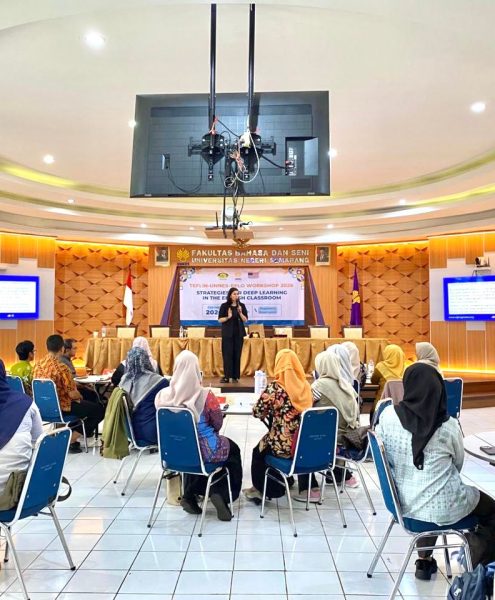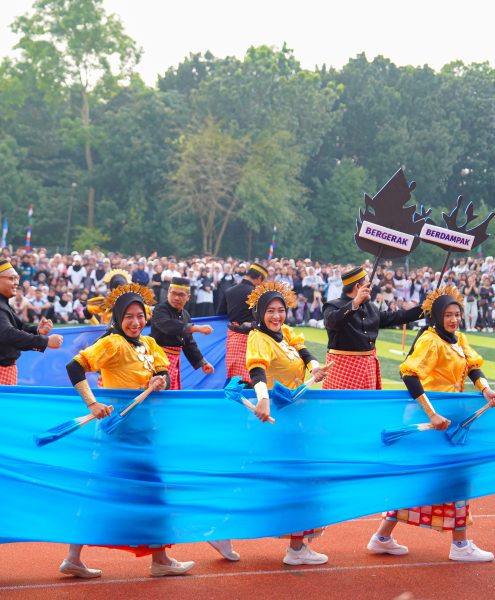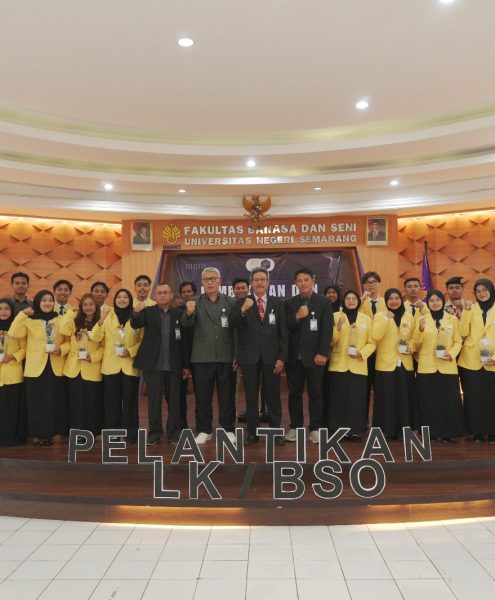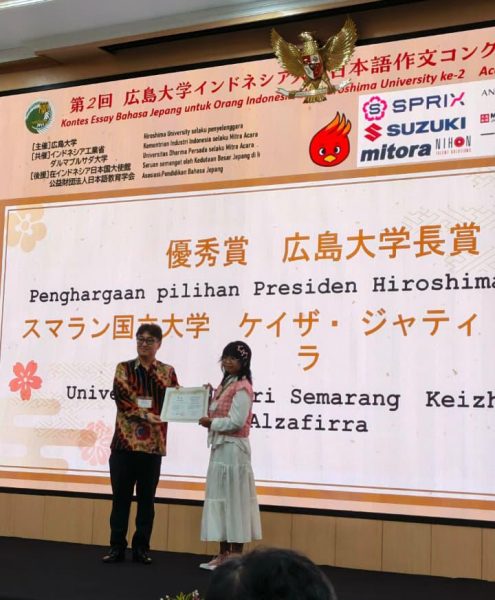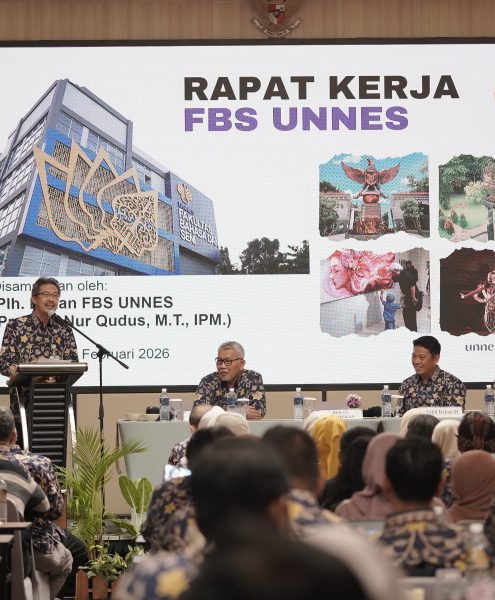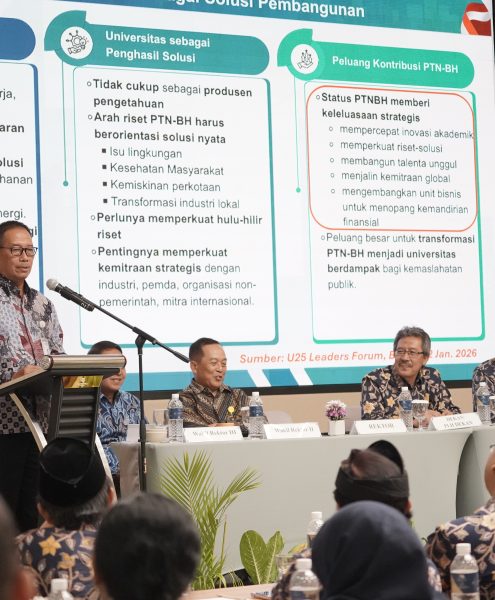Lisda Nurjaleka M.Pd., M.A.
Research Areas: Second language maintenance, Ethnographies studies, Code-switching, Bilingual process
Key Findings/Conclusion:
Although Japanese and Javanese both have honorific levels and both as a negative politeness-oriented language. Due to cultural and social differences, the point of view of how they use hierarchical levels differs. In this study, significant findings also found that Javanese people think using honorific speech were polite. However, in Japanese, being polite means using Keigo and showing a good attitude and respect to the interlocutor.
Link to the Publication:
https://www.tandfonline.com/doi/abs/10.1080/17475759.2021.2006753?src=&journalCode=rjic20
How to Cite:
Nurjaleka, L., Nurhayati, S., & Supriatnaningsih, R. (2021). Japanese and Javanese perceptions of the concept of politeness in their languages: Cross-cultural analysis. Journal of Intercultural Communication Research, 1-16.



